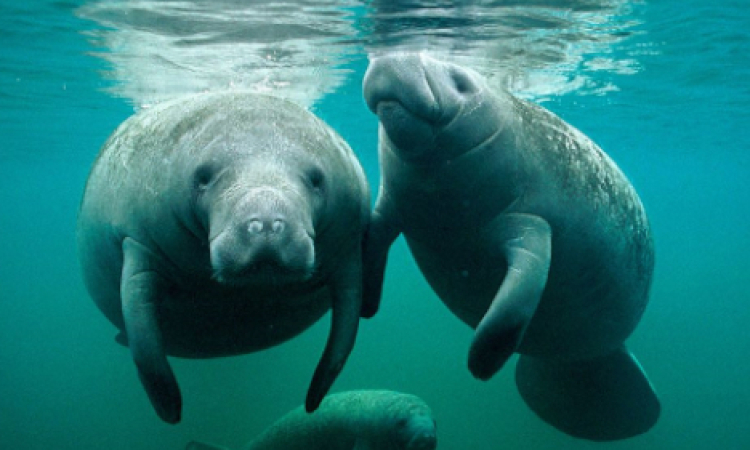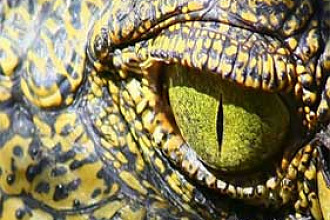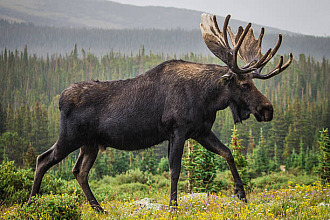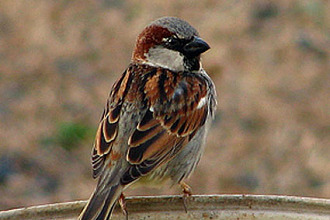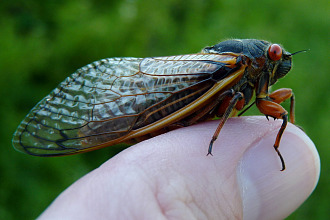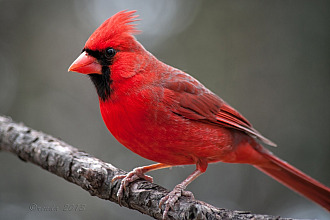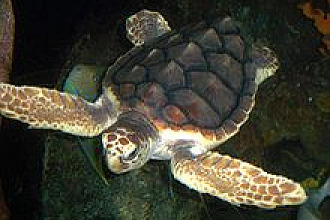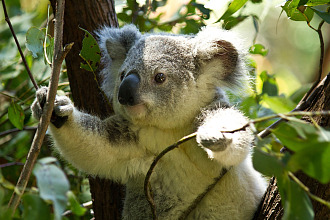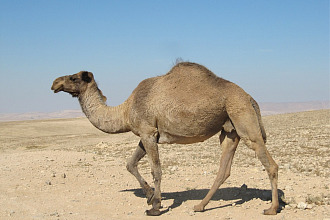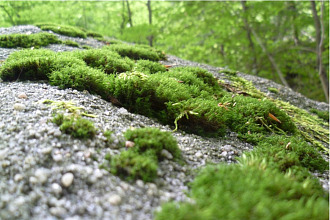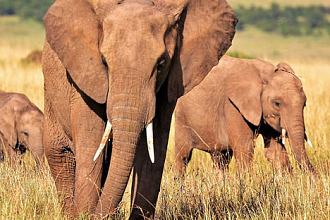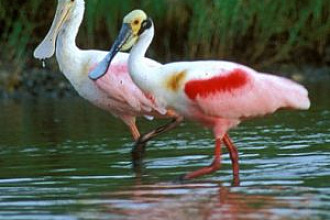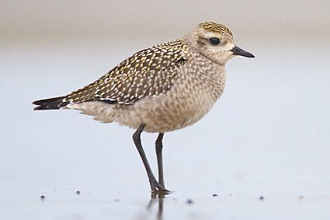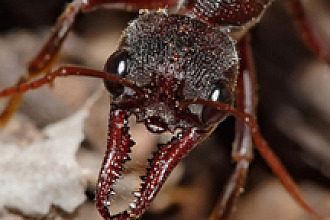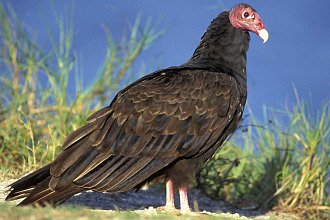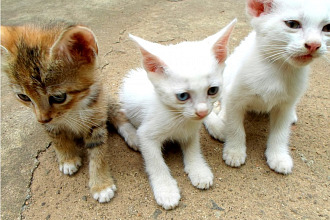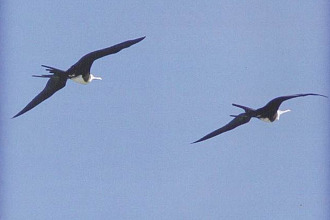"A mechanical creature, the manatee, at A KEY Encounter, waves very slowly as people pass by. But it appears so real that many persons believe it is alive!
In real life these playful mammals are usually in no hurry to go anywhere. The only major threat to their well-being is passing too near propellers or having collisions with fast-moving boats. So a slow wave from one of them from the water tank in our Jungle Walk seems natural." Excerpt from July 2006 AKE newsletter.
The Manatee is a mammal that lives/plays usually about 3 to 9 feet below the surface of the water. Its nostrils bring air into its two lungs, and of course they must surface to breathe. Manatees can stay under water for up to 20 minutes at a time! (Normally they surface every 3 to 5 minutes.) But there are times they must go back under water quickly. So it's not by accident that their Creator designed flaps that conveniently close the nostrils of their short, boxy snouts when they go for a dive!
Manatees aren't skinny at all. The average adult male (some 10-12 feet long) weighs 1,000 to 2,000 pounds. If a human male, 6-feet tall, weighed 500 to 1,000 pounds, the extra weight might go around his middle! And that's exactly where you find it in the manatee! But they were created with a round, roly-poly shape. And how they love to play in warm water! They play gently: body-surfing, doing barrel rolls, grabbing each other's flippers, putting their mouths together to nibble and kiss! Of course they must eat as well. And as vegetarians they need at least 100 pounds of grass daily! Their convenient nails on the ends of their two flippers are used to steer as well as in pulling up the sea grass.
Since manatees are not aggressive, there's no need for sharp front teeth! In fact, they have no front teeth at all, but rather have a rough-surfaced palate and lower jaw for food processing, plus large flexible lips to help them grasp their food, much like an elephant uses his trunk. However, the manatee must grind all that sea grass to digest it. So they were designed with flat-surfaced, rough-textured teeth called "marching molars." Their Creator knew that daily grinding would soon wear down the best of teeth, so again it is not by accident that He created them to continually "grow in" new flat molars at the back of the jaw. The new molars then migrate forward in the mouth! When the front grinders become worn down and fall out—they are replaced quickly by molars that have marched forward to take their turn! An awesome, God-created solution to an on-going need!
Our Creator has great ideas to meet needs doesn't He? Even of a manatee! That being the case, we can be sure He enjoys meeting our needs as well!
These crabs were loved enough to be given condition for survival. Would our Creator have done less when He created us?
"NOT BY ACCIDENT" (c) Juanita Kretschmar is used by permission and was first published in the book "Not By Accident" page 25.
Picture originally found here

